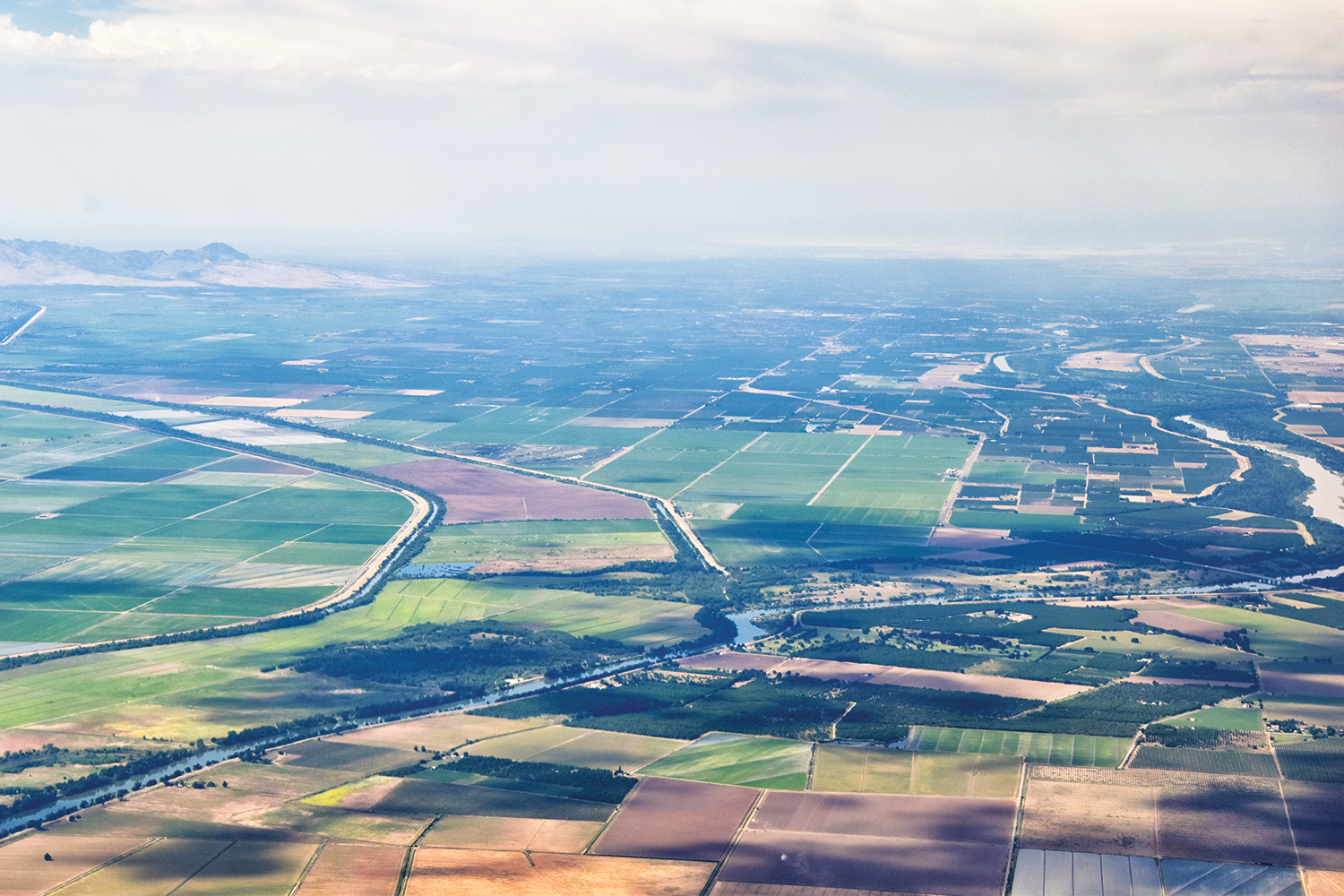Groups sue over legality of new 'waters of the U.S.' law

The American Farm Bureau Federation and other agricultural and business groups are suing federal agencies, challenging the legality of the government’s new “waters of the United States,” or WOTUS, rule.
The lawsuit argues that the U.S. Environmental Protection Agency and Army Corps of Engineers overreached in finalizing a rule in December to update which “navigable waters” are subject to regulation under the Clean Water Act.
The suit, filed Jan. 18 in a U.S. District Court in Texas, argues that the law is overly broad and that “the rule imposes impossible—and unpredictable—burdens on landowners.”
Farm groups have argued that the law will create confusion and disrupt routine agricultural activities. They unsuccessfully called on the Biden administration to halt its rulemaking until after the U.S. Supreme Court weighs in on the matter.
“Farmers and ranchers share the goal of protecting the resources we’re entrusted with,” American Farm Bureau Federation President Zippy Duvall said in a statement after the lawsuit was filed. “Clean water is important to all of us. Unfortunately, the new WOTUS rule once again gives the federal government sweeping authority over private lands. This isn’t what clean water regulations were intended to do. Farmers and ranchers should not have to hire a team of lawyers and consultants to determine how we can farm our land.”
The AFBF joined 17 other groups representing agriculture, infrastructure and housing in the lawsuit.
Agricultural plaintiffs include the National Catttlemen’s Beef Association, National Pork Producers, National Corn Growers Association, the U.S. Poultry and Egg Association, Texas Farm Bureau and the Matagorda County Farm Bureau in Texas.
Other plaintiffs include the American Petroleum Institute, the National Association of Home Builders and the National Association of Realtors.
Although the WOTUS rule provides exemptions for certain croplands and water features commonly found on farms, such as irrigation districts or stock ponds, farm groups earlier argued that the law could allow the government to regulate almost any low spot on a farmer’s field where water gathers.
The lawsuit argues that the new rule—intended to provide clarity—significantly expands federal authority under the Clean Water Act.
“Instead of providing much-needed clarity to the regulated community, however, all the rule makes clear is that the agencies are determined to exert CWA jurisdiction over a staggering range of dry land and water features,” the lawsuit said.
The suit said the rule would interfere with normal business activities and subject unknowing property owners to criminal and civil penalties.
“The new rule is vague and creates uncertainty for America’s farmers, even if they’re miles from the nearest navigable water,” Duvall said. “We believe a judge will recognize these regulations exceed the scope of the Clean Water Act and direct EPA to develop rules that enable farmers to protect natural resources while ensuring they can continue stocking America’s pantries.”
The updated Biden administration rule replaces the Navigable Waters Protection Rule put in place by the Trump administration. Farm groups had largely praised that rule, which based its WOTUS definition on principles outlined in a 2006 Supreme Court opinion written by the late Justice Antonin Scalia.
In that case, known as Rapanos v. United States, Scalia took a narrower interpretation of navigable waters, saying the law should apply only if there is a continuous surface connection to “relatively permanent, standing or flowing bodies of water.”
Finalized in 2020, the Trump rule rolled back the expanded powers of the federal government to regulate waterways and wetlands made by the Obama administration’s WOTUS rule in 2015.




